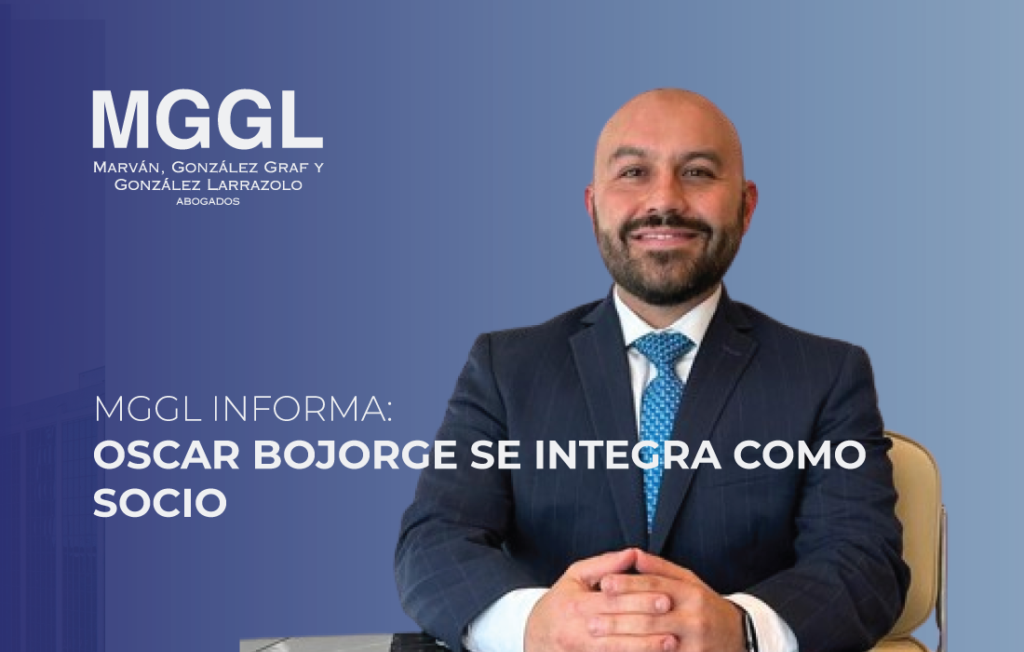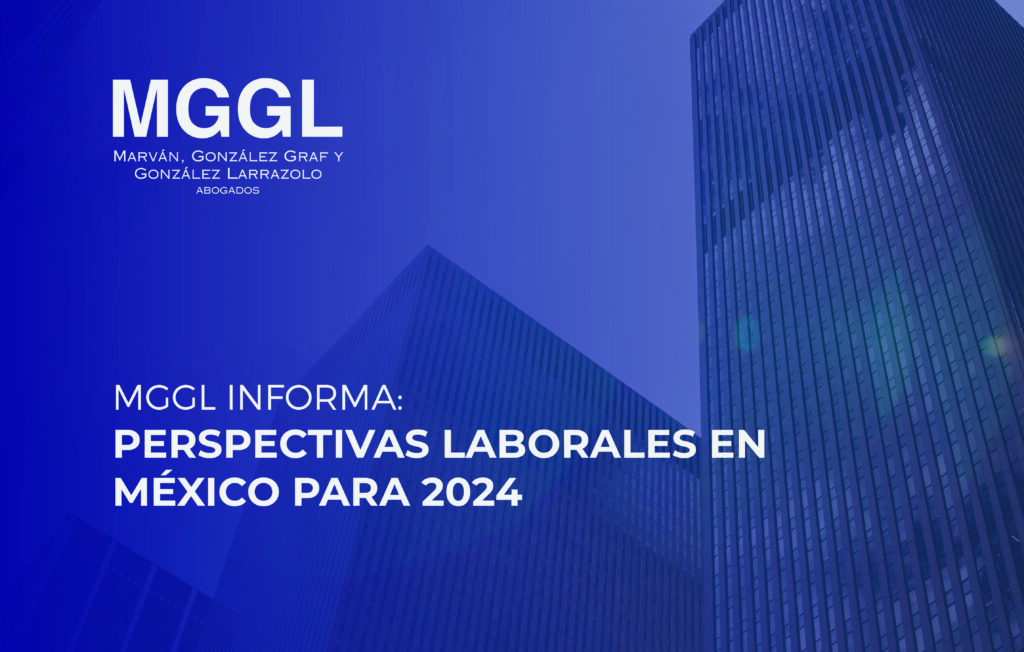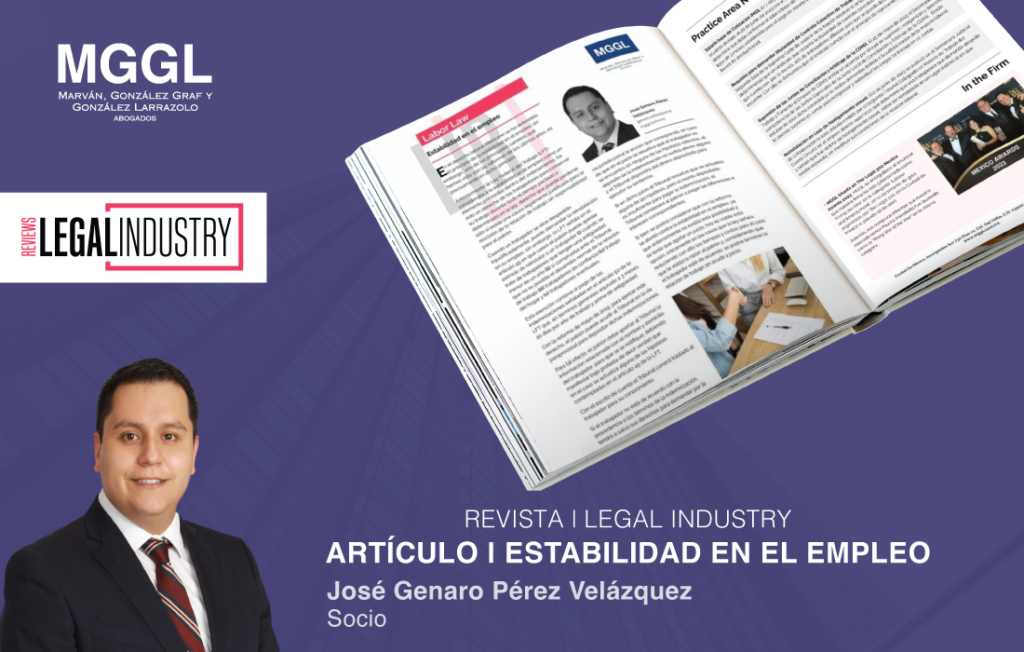On October 23, an initiative was presented in Mexico’s Senate to reform the business practice of outsourcing, with some very particular and noteworthy conditions. The initiative reflects the new course of public labor policies and Is fully aligned with the social focus of the current government. The initiative makes no distinction between the tax-evasive practices that have developed around this practice, and the practice of certain companies that make use of it for strategic business reasons and to maintain their competitiveness, with total adherence to the law.
MGGL presents a summary of the initiative below, anticipating that the approval of a scheme such as the one proposed will further jeopardize private investment, the signing of the new United States-Mexico-Canada Agreement (USMCA), and in general, our country's competitiveness vis-à-vis other nations.
The proposed reform is justified around the main argument that the transfer of workers to an outsourcing company generates (i) the omission in the payment of “PTU” (mandatory profit sharing payments to employees); (ii) that the core activities of the businesses are simulatively carried out by third parties; (iii) the non-compliance of fiscal, labor and social security obligations with respect to outsourced employees; (iv) the simulation of operations, through the issuance of invoices with virtual operations, affecting revenue collection of the Treasury, and (v) the impact on the right to freedom of association and the right to collective bargaining.
The objective of the proposal is to eliminate general subcontracting of workers, either with third parties (outsourcing) or through companies related to the contractor (insourcing), and to limit the model of personnel subcontracting, generating a new, much more limited operational framework.
The new framework involves (i) the certification of contracting companies by the Secretariat of Labor and Social Welfare (STPS) in the National Registry of Outsourcing Companies; (ii) the detailed description of the scope of services in the contract; (iii) verification of compliance with employer regulations; and (iv) a temporary program of criminal immunity for those who have engaged in criminal conduct around outsourcing and subcontracting, granting 180 calendar days for spontaneous and full regularization.
The proposed definition of outsourcing establishes that"outsourced work is work performed by workers contracted by an employer,called a contracting companyto execute works or render services under its direct dependence on behalf of another person, natural or legal, called a contractor or beneficiary, which establishes the tasks of the contracting company's workers and supervises them in the development of the services or the execution of the works provided in the respective contracts..”
This definition would follow the original structure of Article 15A of the Federal Labor Law (FLL), by providing for the assignment of workers from one employer to perform services for another, who establishes and supervises the works, i.e., the assigned workers would be supervised by legal and contractual definition to the beneficiary of the service.
However, the initiative limits the viability of outsourcing or subcontracting practices to those cases where theactivities provided by the contracting company require a degree of specialization that is different or ancillary to the principal activity or vocation of that performed by the contractor or beneficiary…”
Beyond the limitation of outsourcing activities needing to be different from the contracting company’s core activities, the initiative prohibits and qualifies the following scenarios as simulation:
- When it is to carry out the core or essential activities, according to the line of business;
- When workers of the contractor or beneficiary have been transferred by means of employer substitution or any other equivalent act to the contractor so that he assumes them as his own.
- When its purpose is to cover the totality of the labor activities of the work center of the beneficiary contracting party;
- When the contracting company has a direct professional, labor or economic relationship with the contractor, or is part of the same company, entity or economic group and any of the foreseen behaviors is carried out.
The only specific exceptions to the concept of simulation as identified by the initiative refers to the situation where the services covered by the outsourcing contract cannot not be carried out by the workers of the contracting company, that the assignment is project-based and limited in time, and that the time of services rendered by the specialized outsourced personnel does not exceed the time necessary for the completion of the project. The initiative stipulates that contractors may provide services provided that they are registered in the National Registry of Outsourcing Companies of the STPS.
Workers employed in the execution of projects or services under the outsourcing regime will be entitled to (i) be informed in advance of the conditions of their employment, and receive a copy of the outsourcing contract, (ii) enjoy equal working conditions, and enjoy all the prerogatives that the law grants to workers hired directly, and (iii) that all the salaries and benefits covered are consistent with their individual work contract and the tax statements that are issued.
In the event that any of the simulation hypotheses has occurred, the beneficiary is obliged to cover the corresponding PTU for the entire period in which they were under an irregular and/or simulated regime. In addition, the initiative grants broad powers of inspection and verification to the labor and social security authorities to verify full compliance with the regime, ratifies the imposition of fines for non-compliance and opens the possibility that the simulation may be criminal to the detriment of workers, the Federal Treasury and/or the IMSS.
This initiative marks an ideological shift and the new political course, and although it will be subject to analysis and we believe there will be ample discussion still before its approval and enactment, it does make it very clear that current models and schemes used will no longer be allowed.Concepts such as economic unit, intermediation and business group will gain in significance, regardless of the final characteristics of this initiative. At MGGL we are working with our clients to anticipate possible adjustments required under such new law and new criteria that may derive from them, trying to guarantee the soundness and independence of operation necessary to maintain competitiveness in a global environment.




